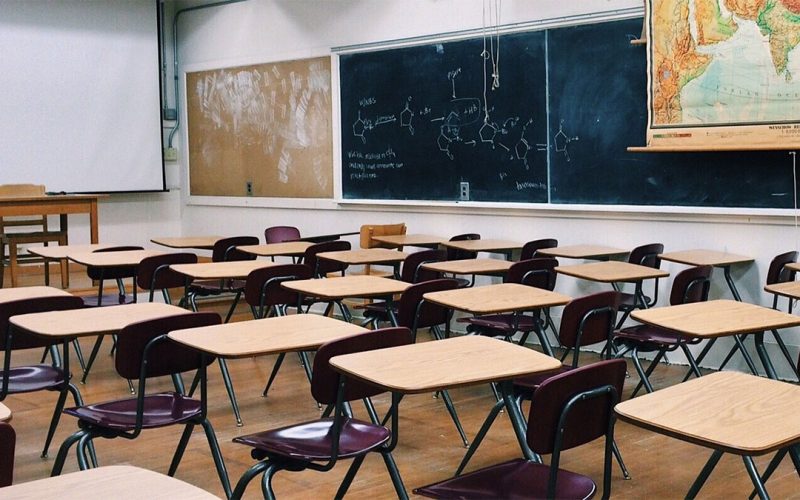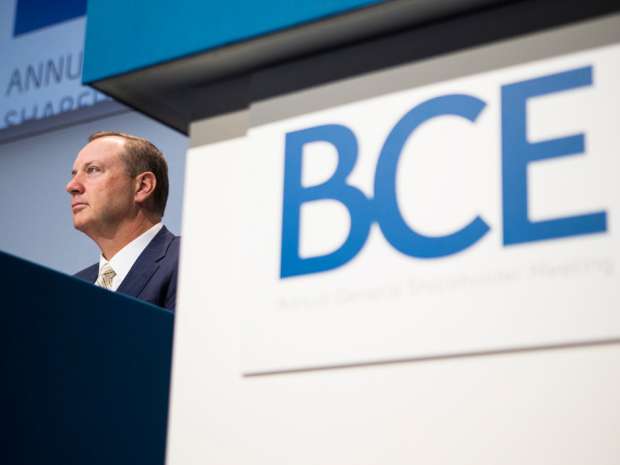by Carl Tannenbaum, Chief Economist, Northern Trust
Time out of school is still weighing on student performance.
As my partner Ryan Boyle detailed in his excellent video “Where Are the Workers,” the pandemic took quite a toll on the American labor market. Diminished public health and limited immigration reduced labor supply. And the disruption to caregiving required parents and those looking after the elderly to divert time and attention from work.
Fortunately, one form of caregiving that rose in importance during the pandemic is no longer as burdensome. Schools have reopened, relieving parents from having to assist with distance learning. Unfortunately, learning from home hindered student achievement. The latest test results compiled by National Center for Education Statistics show that fourth graders in the United States regressed to their lowest reading and math proficiency in many years. Delayed mastery of these skills will hinder progress in higher-level subjects.

COVID-19 took a huge toll on educational attainment.
Even worse, hundreds of thousands of American public school students never re-enrolled when their schools reopened. A study of data from 21 states performed by Stanford University and the Associated Press placed attrition at more than 700,000. Some switched to private schools; some moved away; and some opted for home schooling. But an estimated 240,000 children are simply missing, educationally. Extrapolating this sample to the nation as a whole leads to estimates of more than half a million young people whose education is on hold.
The problem is international in scope. A study by the World Economic Forum highlights that the United States should actually feel fortunate: schools in a number of countries have still not reopened to regular classes in the wake of COVID-19.
Labor force potential is a product of population and productivity. The decline in educational attainment due to the pandemic will delay the kind of intelligence building that can enhance competitiveness. And it will add to economic inequality.
In some senses, we are all trying to put COVID-19 behind us. But the pandemic left some scars on society, which we should not be too quick to cover.
 Carl R. Tannenbaum
Carl R. Tannenbaum
Executive Vice President and Chief Economist
Carl Tannenbaum is the Chief Economist for Northern Trust. In this role, he briefs clients and colleagues on the economy and business conditions, prepares the bank's official economic outlook and participates in forecast surveys. He is a member of Northern Trust's investment policy committee, its capital committee, and its asset/liability management committee.















